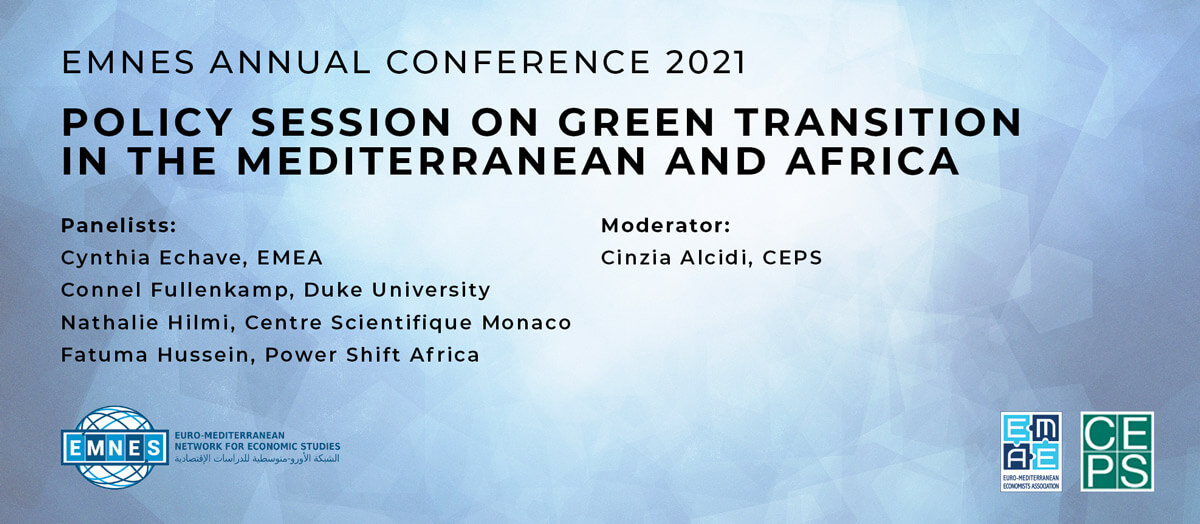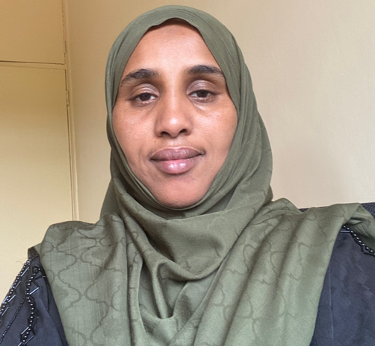2021 has been a decisive year in the definition of post-Covid economic recovery policies with a strong emphasis on the transition towards a decarbonised, inclusive economy, but above all one that is resilient to climate change. The first release of the IPCC’s Sixth Assessment Report, presented in public last August 2021, once again placed the progressive advance of climate change and the advances developed by the scientific community at the forefront of the agenda. The findings highlighted in the report are not encouraging and highlight the need for effective and efficient action. However, unplanned, non-consensual haste could have even more disastrous consequences. One example is the transition from a fossil energy model to a model based on clean and renewable energy sources. The transition requires a series of mechanisms and standards that make it possible to move from one stage to the other, so that the losses are minimal, and the change is effective. However, the economic model is often governed by rules that are not based on exact sciences but on socio-political circumstances. This factor makes the transition to a greener economic model more complex, but not impossible.
EMNES policy session is dedicated to the debate on the policies that will have to support and be consistent with the EU green deal, but also with the externality that it entails in the Mediterranean region and Africa for trade, cooperation alliances and local planning. The panel will include experts in different areas of knowledge and experience in the region. The session will discuss the climate pact achieved in the COP26 in Glasgow and its impacts on the Mediterranean and Africa, the role of the nature-based solution to accelerate the green transition, how to finance the green transition, etc…







